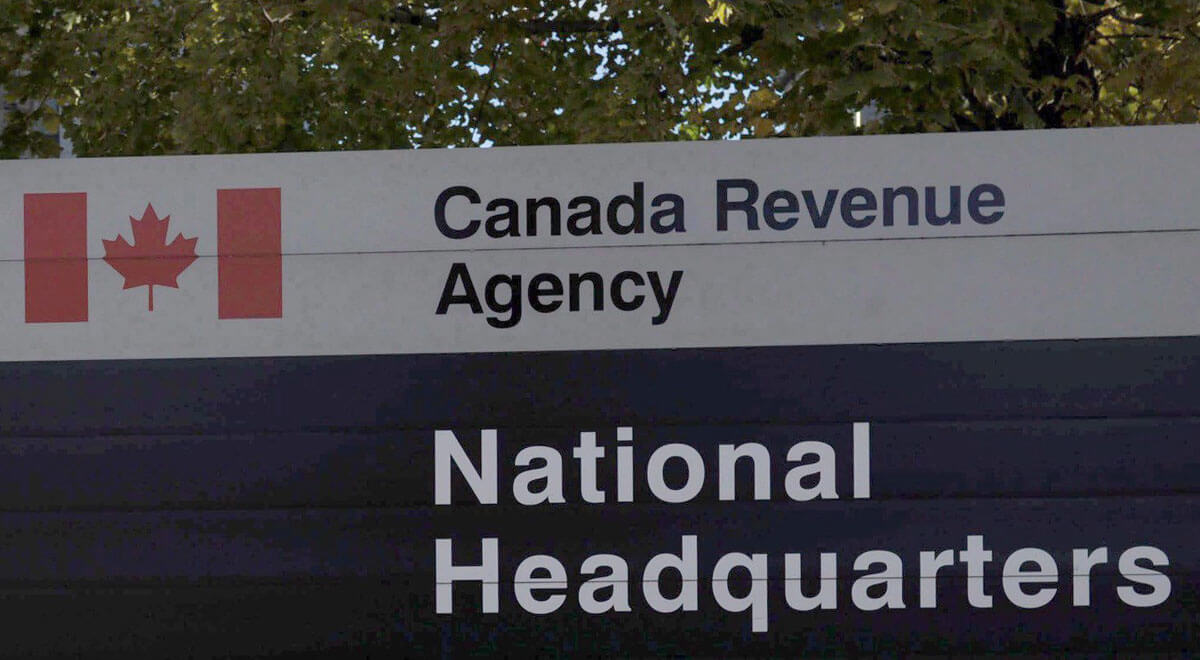Not paying your taxes could bite you at the border
The CRA has begun a new fingerprinting policy
Advertisement
The CRA has begun a new fingerprinting policy

Share this article Share on Facebook Share on Twitter Share on Linkedin Share on Reddit Share on Email